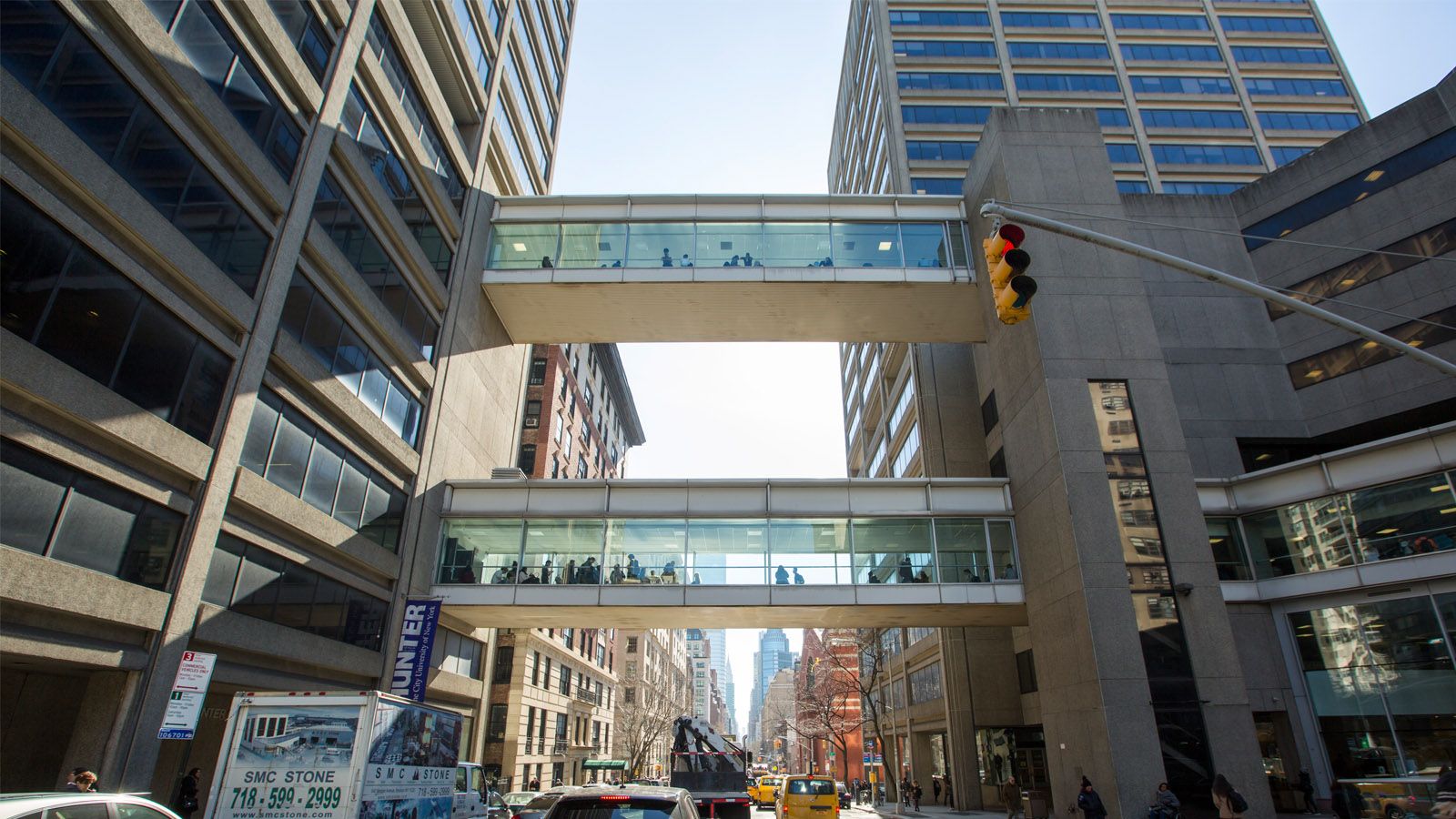On Racial Justice and Black Humanity
We begin by paraphrasing Franz Fanon, who wrote in Black Skin, White Masks that a people revolts when they find, quite simply, that they can no longer breathe.1
Distressed and outraged by the torture and murder of a Black person, Mr. George Floyd, at the hands—or, literally, the knee—of a White police officer, we, the community of anthropologists at Hunter College, faculty and students, are moved to express our commitment to defend the humanity not simply of all peoples, as is the discipline’s foundational (if modern) position, but more particularly the humanity of Black people. We stand with Black people in their/our struggles against state violence, economic exploitation, political repression, and all other forms of marginalization, dispossession and oppression. We recognize that all sectors of American society—from our local and national governments, capitalist enterprises, religious and educational institutions and myriad others—have labored tirelessly to devise “best practices” for denying Black Americans the basic rights and privileges of citizenship. Far from constituting manifestations of “implicit bias,” these concerted efforts have resulted in the normalization of Blacks as unworthy of human regard, let alone citizenship. Such efforts have resulted in the death of untold thousands of Black men, women and LGBTQIA2s+ people well before the lynching of Mr. Floyd. Let us at this moment pause to contemplate that police officers gunned down Ms. Breonna Taylor, a Black woman (#SayHerName), in her bed weeks before Mr. Floyd was murdered. There should have been marches for her, too. But there was no video (and she was female).
The denial of Black humanity in this country has always generated acts of resistance—ones that for generations inspired Black people and their/our supporters nationally and globally. In the Civil Rights era, Black Americans countered their dehumanization by marching in their thousands as they articulated a devastatingly simple testament to their humanity: I am a man. Generations later, we face the reality that this very same point, which should be completely unnecessary, must alas be scribbled on placards and shouted on streets all across this city, our country, and the world: Black Lives Matter.
We, as members of the Department of Anthropology, are outraged at the blatant and unrelenting negation of Black people’s humanity—and the concrete effects of that negation. We commit ourselves to teaching about (and also teaching) Black people who suffer physical and/or structural violence (poor schools and bad education, lack of health care especially during a global pandemic, racism in the job market, horrific housing, homelessness, lack of social services, neighborhood disinvestment, gentrification, voter suppression, and of course criminalization, over-policing and over-incarceration). We lift our voices in the spirit of Black resistance and toward Black liberation, committing ourselves to use our formidable power—as educators, intellectuals and, quite simply, as fellow humans who seek truth and justice—to honor Black people by holding up a mirror to their/our value, and to edify all people within the sound of our voices as to the generative power of Black life to human civilization writ large in the form of their/our scholarship, ideas, music, art, philosophies, worldviews and all the other outpourings of the human mind, soul and heart.
Recognizing the resources we have in the likes of W.E.B. Du Bois—perhaps the first anthropologist of anti-Black racism in the world and certainly the first to pinpoint the evidence of Blacks’ humanity in the fact of their/our strivings against all (racially crafted) odds—we commit ourselves to teaching the work of Black scholars. We commit ourselves to teaching against anti-Black racism. We commit ourselves to normalizing Black human value. We commit ourselves to the proposition that no student should leave our classes without understanding the life and death consequences of anti-Black racism and/or understanding something of the contributions of Black people to the world and to our common cultural and political life. These goals must constitute the minimum of our efforts. For we must do all this and more in whatever courses we teach, especially when those courses are not explicitly about race or Black people. The Department of Anthropology at Hunter College will form a working group to envision and enact other strategies for bringing about racial justice.
As workers and students in a public higher education system long starved of adequate resources, we reaffirm our commitment to solidarity with all oppressed people and recognize the truth of the historic labor movement cry, “An injury to one is an injury to all.” As anthropologists, we are inspired by the ethnic and racial diversity of the protesters and by the global scope of this movement. In the spirit of the Hunter College motto “The care of the future is mine,” we join our students in working toward a future that is radically different from our present.
1 Fanon, Franz. Black Skin, White Masks. NY: Grove Press, 2008 [1952], 201.


